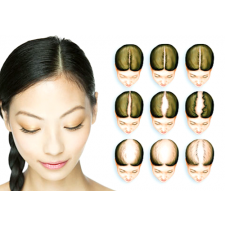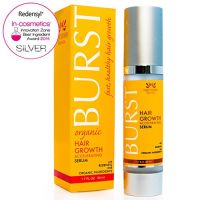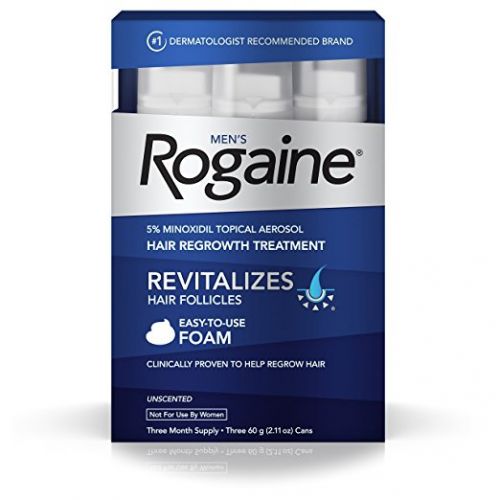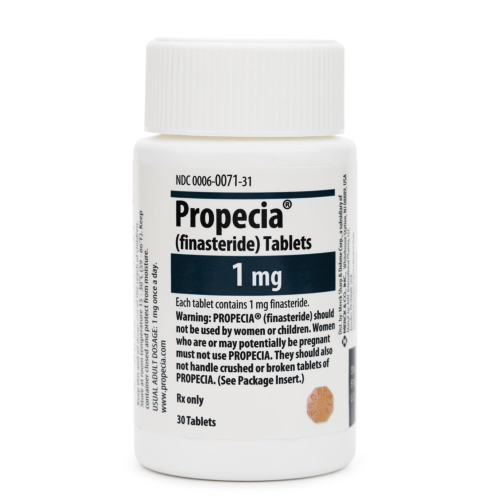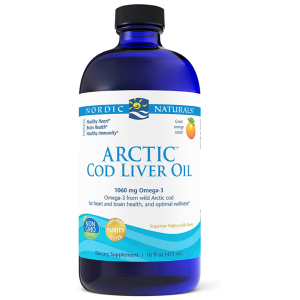Hair loss, also known as alopecia, is a common concern, especially among men, but it can also affect women. Many medical procedures have been introduced to address the issue of hair loss. However, many people are looking for non-invasive options for hair growth – this is where non-prescription and prescription medications, as well as supplements come into the picture.

Prevalence Rates
The most common cause of hair loss in the general population is pattern baldness, which presents unique symptoms in each gender. Estimates reveal that male pattern baldness affects approximately 16% of men aged 18 to 29, while the prevalence of the condition among men aged 40 to 49 is much higher, at 53%.1 For women, the incidence of female pattern hair loss also increases with age, affecting approximately 7% of women in their 20’s, and greater than 55% of women over the age of 80 years.2

Minoxidil
Minoxidil is a vasodilator medication that is currently one of the most commonly used non-prescription drugs for hair loss that comes in the form of a topical product. The topical formulation comes as a 2% concentration solution for the treatment of female androgenic alopecia, and as a 5% solution for the treatment of male androgenic alopecia.3 One study tested the effects of Minoxidil and compared the results to a placebo group. Significant improvements in hair growth were observed in the group that was provided a topical treatment that contained Minoxidil as an active ingredient. At the same time, the study did note that only a few patients experienced results that could be considered “cosmetically acceptable."4 Additionally, changes that are noticed when using Minoxidil tend to disappear within months of discontinuing treatment.3

Finasteride
A prescription drug known as Finasteride, which is a 5-alpha-reductase inhibitor, is also available. Finasteride blocks the conversion of testosterone to dihydrotestosterone (DHT), which is the androgen that is responsible for male pattern hair loss in men that are genetically predisposed.5,6 This is not a topical solution, but rather a tablet that is taken on a daily basis. It is known to promote hair growth, and also assist with reducing hair loss. Important to note is that oral Finasteride is contraindicated in pregnant women due to the potential complication of hypospadias in male fetuses.5
A prescription drug known as Finasteride, which is a 5-alpha-reductase inhibitor, is also available. Finasteride blocks the conversion of testosterone to dihydrotestosterone (DHT), which is the androgen that is responsible for male pattern hair loss in men that are genetically predisposed.5,6 This is not a topical solution, but rather a tablet that is taken on a daily basis. It is known to promote hair growth, and also assist with reducing hair loss. Important to note is that oral Finasteride is contraindicated in pregnant women due to the potential complication of hypospadias in male fetuses.5

When it comes to supplements and vitamins, the three most recommended options for promoting healthy, fuller hair include Biotin, Niacin, and Vitamin C supplements. Certain supplements have been developed to include specific combinations of vitamins, as well as natural plant extracts, to potentially help stop hair loss and to help hair grow faster. Some natural supplement options include fish oil tablets, rosemary essential oil, and flaxseed oil supplements. It is important to note that research does not support the use of these supplements to the same extent as the use of pharmaceutical options.7
When it comes to supplements and vitamins, the three most recommended options for promoting healthy, fuller hair include Biotin, Niacin, and Vitamin C supplements. Certain supplements have been developed to include specific combinations of vitamins, as well as natural plant extracts, to potentially help stop hair loss and to help hair grow faster. Some natural supplement options include fish oil tablets, rosemary essential oil, and flaxseed oil supplements. It is important to note that research does not support the use of these supplements to the same extent as the use of pharmaceutical options.7
When it comes to supplements and vitamins, the three most recommended options for promoting healthy, fuller hair include Biotin, Niacin, and Vitamin C supplements. Certain supplements have been developed to include specific combinations of vitamins, as well as natural plant extracts, to potentially help stop hair loss and to help hair grow faster. Some natural supplement options include fish oil tablets, rosemary essential oil, and flaxseed oil supplements. It is important to note that research does not support the use of these supplements to the same extent as the use of pharmaceutical options.7
[1] Rhodes T, Girman CJ, Savin RC, Kaufman KD, Guo S, Lilly FR, Siervogel RM, Chumlea WC. 1998. “Prevalence of male pattern hair loss in 18-49 year old men.”Dermatology Surgery. Dec;24(12):1330-2. https://www.ncbi.nlm.nih.gov/pubmed/9865198
[2] Siah T, Muir-Green L, Shapiro J. 2016. “Female pattern hair loss: A retrospective study in a tertiary referral center.” Int J Trichology. 8(2):57. doi:10.4103/0974-7753.188033
[3] Rossi A, Cantisani C, Melis L, Iorio A, Scali E, Calvieri S. 2012. “Minoxidil use in dermatology, side effects and recent patents.” Recent Pat Inflamm Allergy Drug Discov. 6(2):130-136. doi:10.2174/187221312800166859
[4] Gupta AK, Charrette A. 2015. “Topical Minoxidil: Systematic review and meta-analysis of its efficacy in androgenetic alopecia.” Skin Med.May-Jun;13(3):185-9. https://www.ncbi.nlm.nih.gov/pubmed/26380504
[5] McClellan KJ, Markham A. 1999. “Finasteride: A review of its use in male pattern hair loss.” Drugs. 57(1):111-26. https://www.researchgate.net/publication/13337252_Finasteride_A_review_of_its_use_in_male_pattern_hair_loss
[6] Inadomi T. 2014. “Efficacy of Finasteride for treating patients with androgenetic alopecia who are pileous in other areas: A pilot study in Japan.”Indian Journal of Dermatology. Mar-Apr; 59(2): 163–165. https://www.ncbi.nlm.nih.gov/pmc/articles/PMC3969676/
[7] Guo EL, Katta R. 2017. “Diet and hair loss: effects of nutrient deficiency and supplement use.”Dermatol Pract Concept. Jan; 7(1): 1–10. doi: 10.5826/dpc.0701a01

